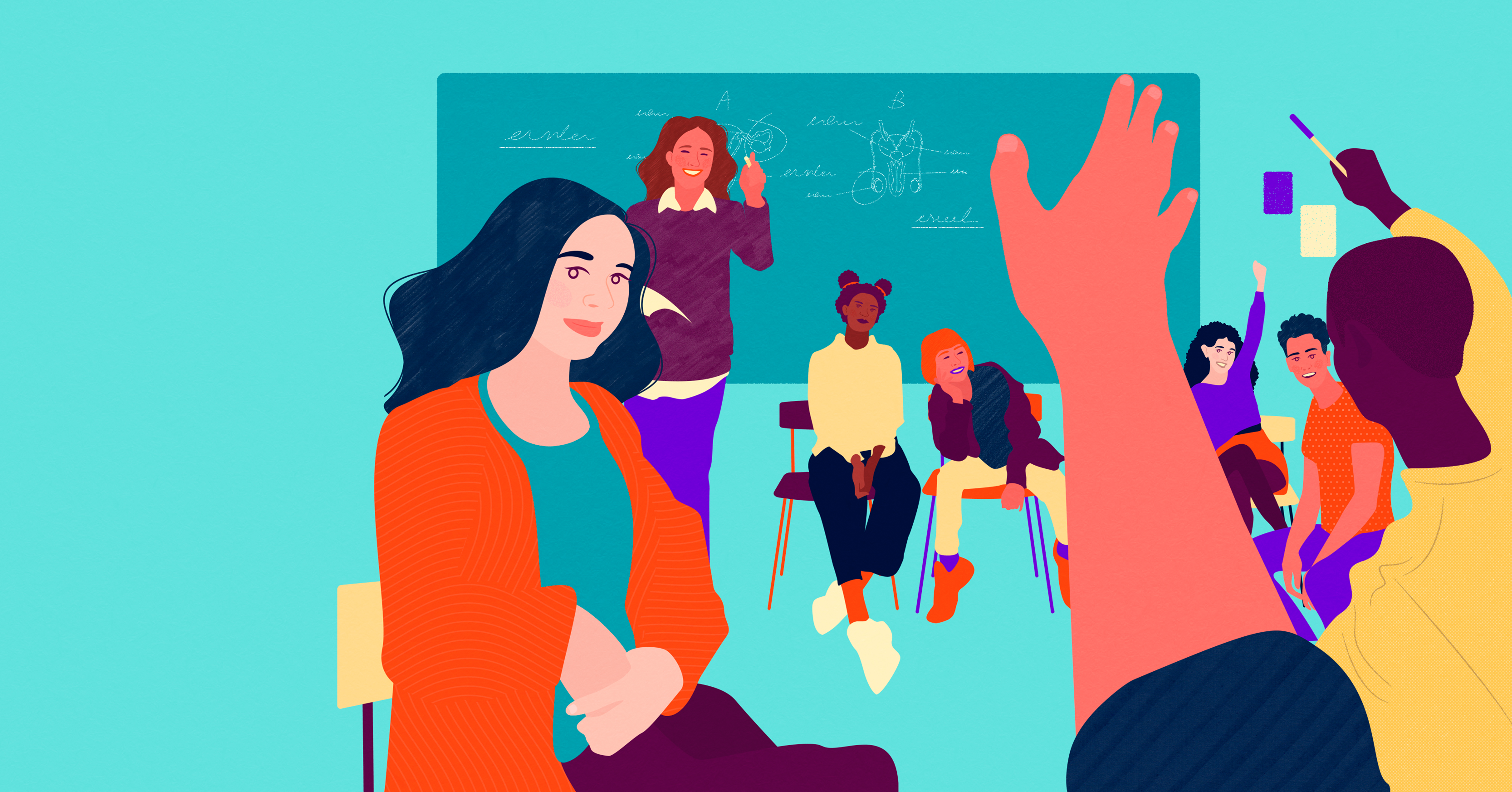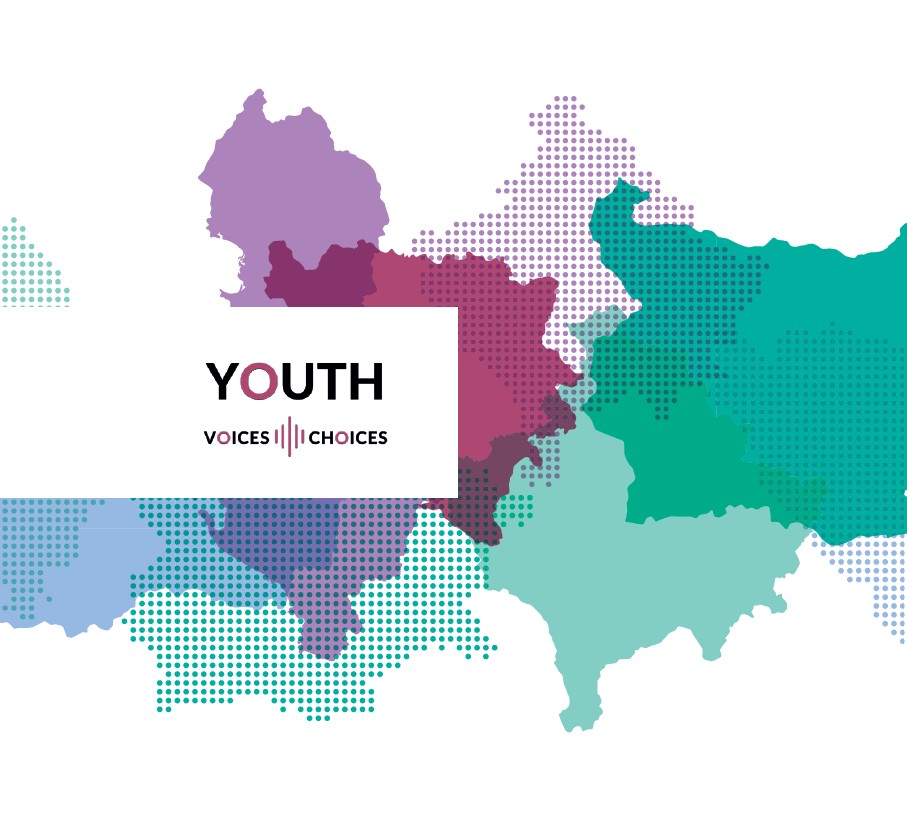Spotlight
A selection of resources from across the Federation

Abortion Care and Costs in Europe and Central Asia
IPPF EN carried out research into the economic burden that women face in accessing abortion care in Europe and Central Asia. This factsheet provides a snapshot of the findings.
Filter our resources by:


| 15 December 2022
Sexuality education, gender equality and SGBV - a study of knowledge and attitudes in Portugal
Sexuality and relationships education is a vital tool for promoting gender equality and preventing gender-based violence among young people and within our societies more broadly. School environments are in a privileged position to reach young people and facilitate the development of fundamental life skills, attitudes, knowledge, and values. In particular, during compulsory schooling, there is a window of opportunity for schools to make a strong contribution to building students' skills and awareness of social inequalities and discrimination and empowering them with knowledge and skills to make informed decisions about their lives. In 2022, IPPF EN commissioned a baseline study to assess knowledge, attitudes and comfort relating to gender equality and prevention of sexual and gender-based violence (SGBV) among students, parents and teachers in northern Portugal. The findings of the baseline study can be downloaded below, together with a 1-page summary of the project. We will continue to build on this study over the coming 3 years, measuring the impact of our gender transformative sexuality education programme delivered in school settings in Portugal. Going beyond the traditional focus on health outcomes of sexuality education, we aim to study the immediate and long-term effect on young people’s knowledge, attitudes and values regarding gender equality. The evidence we intend to provide is that that gender transformative sex and relationships education is key to the prevention of SGBV.

| 29 March 2022
Youth access to SRH information, education and care in the Balkans in COVID times
COVID-19 created the largest health and socio-economic crisis of our generation. Many health systems were pushed to the brink by restrictive measures rushed in to respond to the pandemic, resulting in the deprioritisation of some existing healthcare services. In almost all European countries, COVID-19 had a negative impact on the delivery of vital sexual and reproductive healthcare, including maternal health and family planning, for women and groups that face barriers to accessing care, including young people. The pandemic also uncovered weaknesses within our systems and exposed the fact that countries are not adequately prepared to deal with health emergencies. To help bring about positive change for young people, IPPF European Network is working to strengthen healthcare systems through the project Youth Voices, Youth Choices, and to remove all kinds of barriers preventing youth from accessing essential care in five Balkan countries: Albania; Bosnia & Herzegovina; Bulgaria, Kosovo and North Macedonia. We are focusing particularly on the needs of those living in remote areas, as well as those from communities that face challenging social conditions, such as the Roma. POLICY RECOMMENDATIONS In October 2022, IPPF EN launched a set of regional policy recommendations that call on decision-makers to listen to young people and uphold their SRHR as they build back health and social systems in the wake of the pandemic. Presented at the European Parliament on 26 October by youth advocates and experts, with the support of MEP Fred Matić, the recommendations were developed by a group of specialists who came together to develop a blueprint for designing systems that prioritise access to youth-friendly SRH care, and better support of young people’s health and well-being. The policy recommendations are available for download below. RESEARCH REPORT As a basis for this work, in 2021 and early 2022, we conducted a study to provide us with a clearer picture of the impact of the pandemic on young people’s SRHR. The data was published in a series of reports presenting the findings of the study, carried out by and among youth in five Balkan countries. The reports, available for download below, document young people’s SRH needs and experiences and the perspectives of healthcare providers and other relevant stakeholders on these needs. They also capture the latter’s needs as they deliver services, information and education to young people, building on their experience of COVID-19. YOUTH VOICES Young people are at the heart of this work. They were part of the teams that carried out the research presented in the reports below. They participated in the expert groups that developed our regional recommendations for policy change (below) at national and regional level, and they are being supported and empowered to advocate for these changes. Youth were also in the lead at our 'Healthy Youth – Healthy Future' multi-stakeholder meeting in Tirana in spring 2023, where together with staff from our partner organisations they held discussions with decision-makers and experts from the field, concluding with the signing of a joint declaration on protecting the health and social wellbeing of young people during and beyond moments of crisis - available for download below. Young people also carried out a series of interviews among their peers to share stories of how the pandemic affected their access to SRHR, and what their vision is for a more youth-friendly future that listens to the younger generations and upholds their SRHR.

| 17 February 2022
Safe from Sexual and Gender-Based Violence - toolkit
This is the Safe from sexual and gender-based violence (SfSGBV) toolkit. Its main purpose is to guide the delivery of sexuality education sessions that support young people at risk of marginalization to recognize and protect themselves from SGBV. The toolkit is designed for the use of experienced sexuality education educators. Equally, it is a valuable resource for young people interested to learn more about prevention of sexual and gender-based violence. You can learn from the toolkit either through our interactive website or by downloading the resource below.

















